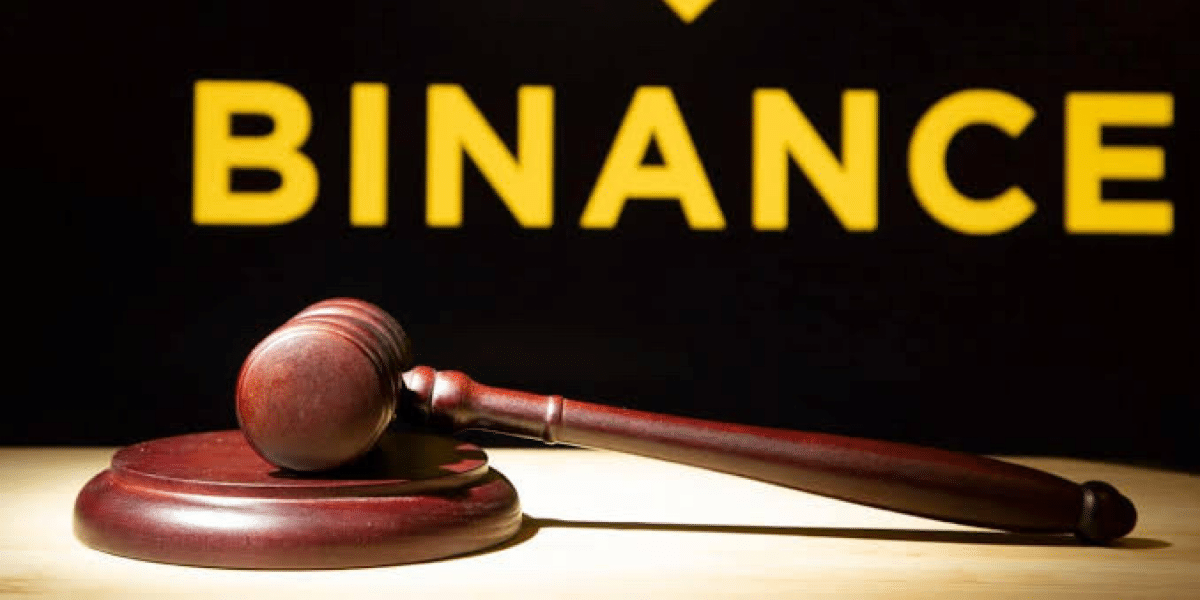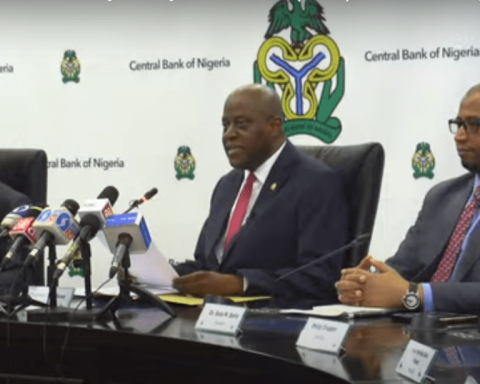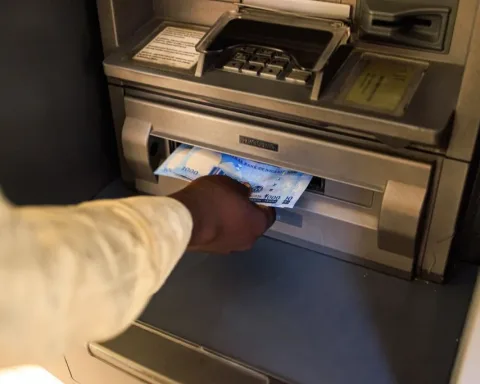A Federal High Court in Abuja has directed Binance Holdings Limited to furnish the Economic and Financial Crimes Commission (EFCC) with comprehensive information regarding Nigerian traders on its platform.
The court issued this order in response to an ex-parte motion filed by the EFCC, citing concerns over potential money laundering and terrorism financing activities on the popular cryptocurrency exchange.
Join our WhatsApp ChannelIn an affidavit submitted by an EFCC operative, Hamma Bello, it was revealed that the commission’s Special Investigation Team, operating under the Office of the National Security Adviser, received intelligence indicating illicit activities on Binance.
Bello stated, “The team began an investigation by conducting surveillance of the platform’s activities and uncovered users engaged in market manipulation, causing distortions that led to the devaluation of the Naira against other currencies.”
The EFCC highlighted the significant impact of Binance’s operations, noting that trading volume from Nigeria alone in 2023 amounted to $21.6 billion. Furthermore, it was reported that the Central Bank of Nigeria Governor disclosed over $26 billion channeled through Binance without traceability over the past year.
READ ALSO: Binance: U.S. Group Urges Biden To Secure Release Of 2 Executives Detained In Nigeria
Following the court’s ruling, Justice Emeka Nwite granted an interim order, directing Binance to provide comprehensive data on Nigerian traders. The order aims to facilitate the EFCC’s investigation into potential financial misconduct.
Reacting to the court’s decision, a representative from Binance expressed willingness to cooperate with the authorities, stating, “We are committed to upholding regulatory compliance and will work closely with the EFCC to provide the requested information.”
This development comes amidst heightened scrutiny on cryptocurrency platforms globally, with authorities increasingly focused on combating illicit activities such as money laundering and terrorism financing.
In recent months, Binance has faced regulatory challenges in various jurisdictions, including Nigeria, where two executives were reportedly arrested and detained following a website ban.
Notably, negotiations between Binance and Nigerian authorities have intensified, with the EFCC’s request for data on the platform’s top 100 users and transaction history for the past six months becoming a focal point.
As the investigation progresses, stakeholders await further updates on the outcome of Binance’s cooperation with the EFCC and the potential implications for cryptocurrency regulation in Nigeria.
Emmanuel Ochayi is a journalist. He is a graduate of the University of Lagos, School of first choice and the nations pride. Emmanuel is keen on exploring writing angles in different areas, including Business, climate change, politics, Education, and others.



















Follow Us